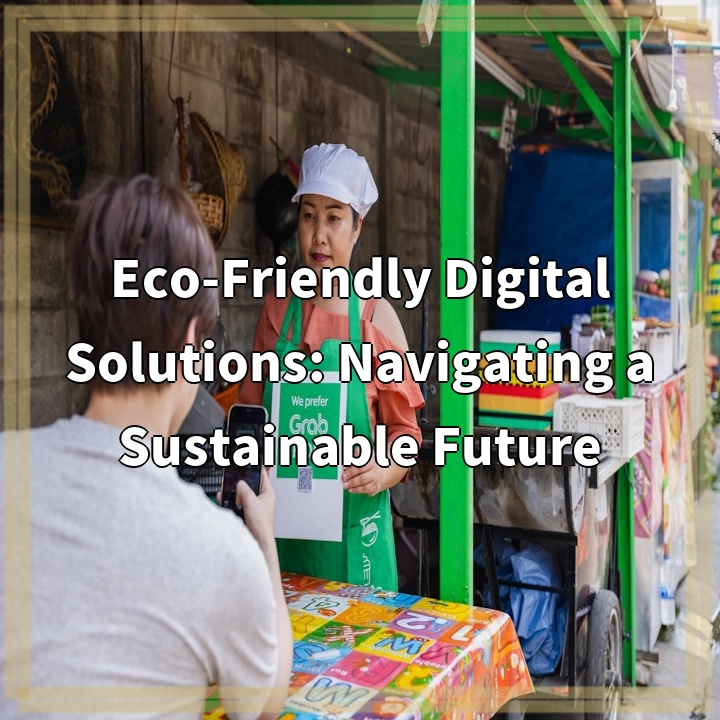
What are Green Protocols in Event Management?
Green protocols in event management refer to a set of guidelines and practices that aim to minimize the environmental impact of events. It involves incorporating sustainable strategies throughout the planning, execution, and post-event phases to reduce waste, conserve resources, and promote eco-friendly alternatives.
Real-World Problems Associated with Green Protocols in Event Management
1. Waste Generation:
Events often generate significant amounts of waste, including plastic bottles, food waste, promotional materials, and more. Without proper protocols in place, this waste ends up in landfills, contributing to pollution and resource depletion.
2. Energy Consumption:
Events, especially larger ones, require a substantial amount of energy for lighting, sound systems, air conditioning, and other infrastructure. The heavy energy demand can lead to increased greenhouse gas emissions, contributing to climate change.
3. Water Usage:
Many events require water for sanitation, beverage service, and landscape maintenance. Excessive water usage can strain local resources and exacerbate water scarcity issues.
4. Transportation Emissions:
Event attendees and staff often rely on cars or planes for travel, resulting in transportation emissions. These emissions contribute to air pollution and carbon footprint.
5. Single-Use Items:
Events frequently utilize single-use items such as disposable cutlery, plates, and cups. These items generate vast amounts of waste and contribute to plastic pollution.
Addressing the Problems:
To overcome these real-world problems, event planners and organizers can adopt various sustainable practices:
– Waste Management:
Implementing effective waste management systems, such as recycling stations and composting, can significantly reduce the amount of waste sent to landfills.
– Energy Efficiency:
Event venues can explore energy-efficient alternatives, like LED lighting and renewable energy sources. Additionally, optimizing energy usage and implementing smart technology can minimize energy consumption.
– Water Conservation:
By implementing water-saving measures such as low-flow fixtures and efficient irrigation systems, events can reduce water usage and promote responsible water management.
– Sustainable Transportation:
Encouraging attendees to use public transportation, carpooling, or providing shuttle services can reduce transportation emissions associated with the event.
– Promoting Reusables:
Encouraging the use of reusable containers, cups, and utensils can significantly minimize single-use waste and mitigate the environmental impact.
By adopting green protocols in event management, the event industry can play a vital role in promoting sustainable practices, inspiring change, and setting an example for a greener future.

Solutions for Green Protocols in Event Management
1. Waste Management:
Implement effective waste management systems, such as recycling stations and composting, to reduce the amount of waste sent to landfills.
2. Energy Efficiency:
Explore energy-efficient alternatives, like LED lighting and renewable energy sources, and optimize energy usage to minimize energy consumption.
3. Water Conservation:
Implement water-saving measures, such as low-flow fixtures and efficient irrigation systems, to reduce water usage and promote responsible water management.
4. Sustainable Transportation:
Encourage attendees to use public transportation or carpooling, and provide shuttle services to reduce transportation emissions associated with the event.
5. Promoting Reusables:
Encourage the use of reusable containers, cups, and utensils to minimize single-use waste and mitigate the environmental impact.
By adopting these sustainable solutions, event organizers can significantly reduce waste generation, lower energy consumption, conserve water resources, minimize transportation emissions, and promote a greener and more environmentally friendly event management industry.















